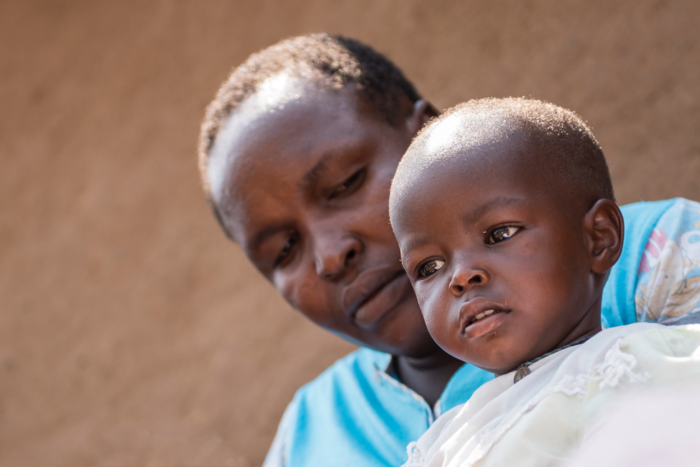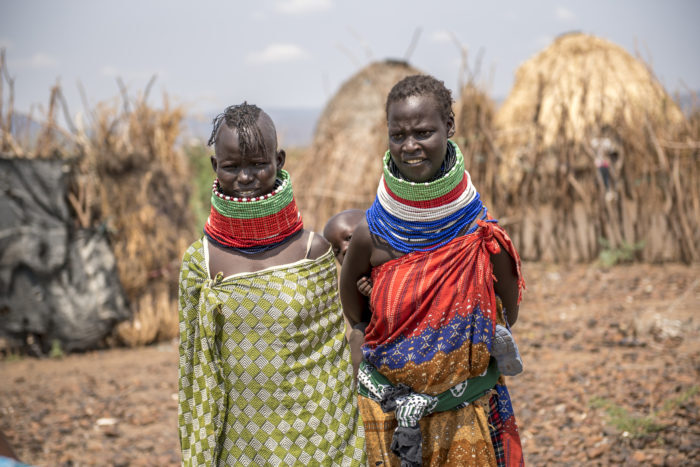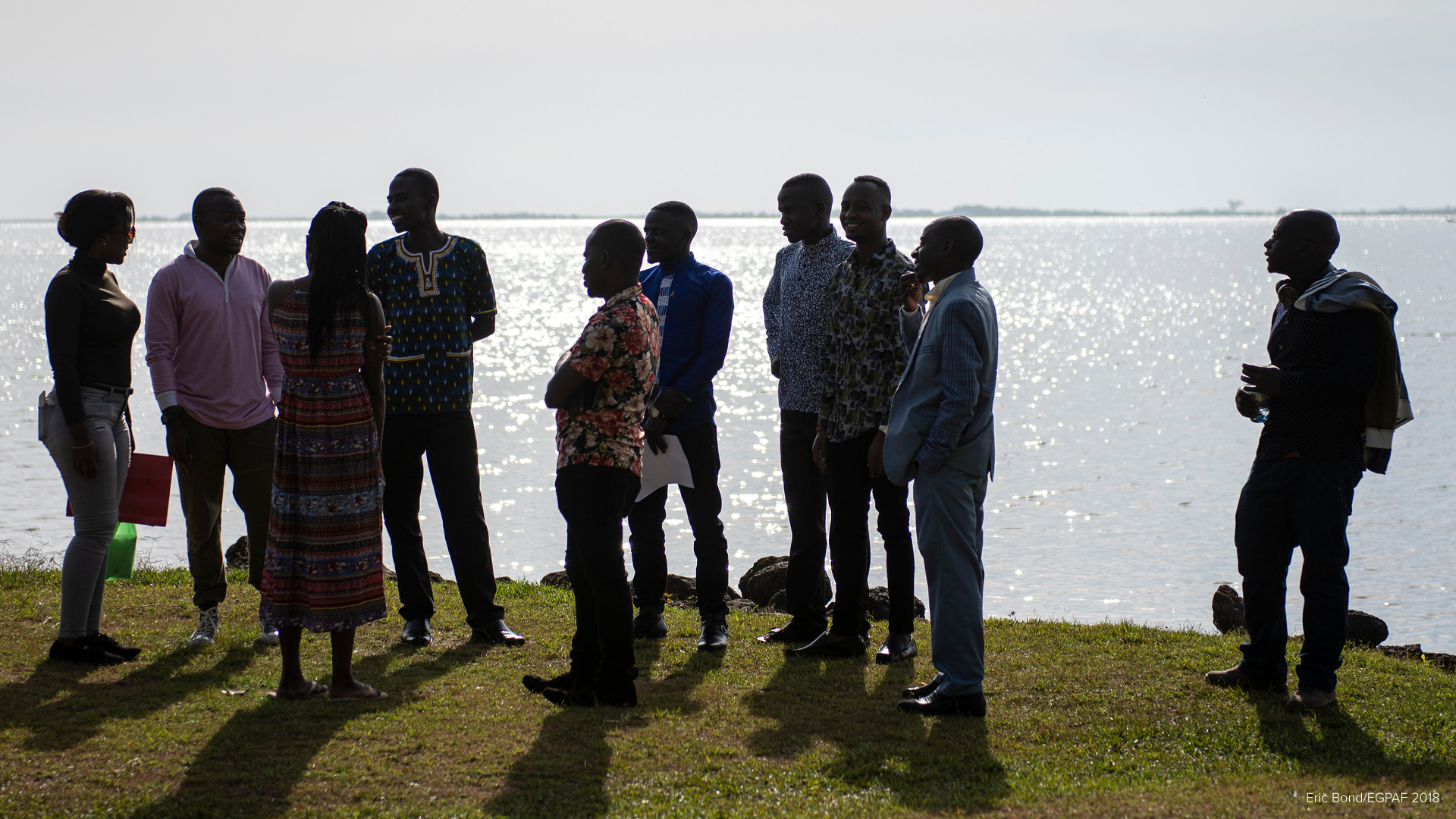Doris Muya despaired that her 18-month-old daughter, Mercy, would die from an unknown illness. At first, Mercy’s only symptom was listlessness. Doris took her baby to the mission hospital in Kakuma, Kenya—near the International Rescue Committee camp in Turkana County—but the health workers were unable to determine the cause of the illness, so mother and baby returned home. As time passed, Mercy began to wheeze and get seizures. Still, health workers could not determine the cause. First, they prescribed antimalarial medication, then treatment for pneumonia. Mercy kept getting worse.
“After a week, Mercy’s eyes began to roll in her head,” says Doris. “I was so scared that I would lose her.”
Doris decided to take Mercy to the hospital in Kitale, which required a nine-hour journey over washed-out roads. With few vehicles in this remote location, Doris and her husband reached out to their community and eventually found a driver.

“Mercy had several convulsions on the journey,” says Doris. “She was so motionless, I thought that we had lost her.”
At the hospital, a quick-witted doctor ordered a chest x-ray and moments later explained that Mercy had tuberculosis (TB). She was immediately put on treatment, but because of the delay in diagnosis, much of Mercy’s lungs were destroyed.
The Elizabeth Glaser Pediatric AIDS Foundation (EGPAF) has partnered with the Kenyan Ministry of Health to pilot an aggressive TB program in Turkana County, where the prevalence of the disease is highest in Kenya. This project is designed to save lives while addressing the common HIV/TB co-infection. Thirty-five percent of people who test positive for TB in Turkana County are also living with HIV.
HIV affects the immune system and increases the likelihood of people acquiring a new TB infection. In high-burden countries, people with HIV are 20 times more likely to contract TB than those not living with HIV. Reciprocally, TB bacteria can hasten the progression of an HIV infection, causing patients to become ill more rapidly. Importantly, if undiagnosed or untreated, TB in HIV-positive individuals is almost always fatal.
HIV affects the immune system and increases the likelihood of people acquiring a new TB infection. In high-burden countries, people with HIV are 20 times more likely to contract TB than those not living with HIV.
This is of particular concern in Turkana County, where many people are semi-nomadic pastoralists who have traditionally lived far from health centers with the capacity to test and treat TB. This difficulty is compounded for infants and small children, who cannot easily produce the sputum (saliva and mucus coughed up from the respiratory tract) sample needed to easily TB.

Through this pilot program, more than 90 new health facilities have been built and nearly 800 new health workers have been hired. EGPAF is helping to train the health workers on how to test for TB—including how to collect gastric aspiration (stomach) samples from infants. For locations without microscopes and trained technicians, EGPAF transports the samples to Lodwar, the county seat, or to Kitale. In addition, EGPAF and ministry of health are recruiting community volunteers to spot potential cases of TB and linked those community members to a facility for testing and treatment.
“TB symptoms imitate other childhood illnesses and may not be easily diagnosed,” says Florence Dzame, Communication and Advocacy Officer for EGPAF-Kenya. “But through this pilot project, we have created greater infrastructure and are putting trained specialists into place.”
TB symptoms imitate other childhood illnesses and may not be easily diagnosed.
“My daughter is back to her normal playful self only after one month on the TB treatment,” says Doris. “She has another five months to go, but so far she’s the cheery girl that she has always been. Whenever I imagine what could have happened to my daughter, had I not risked going to Kitale, I shudder in fear.”
“I hope that this does not happen to any other baby.”
This post was originally published for World Tuberculosis Day.




